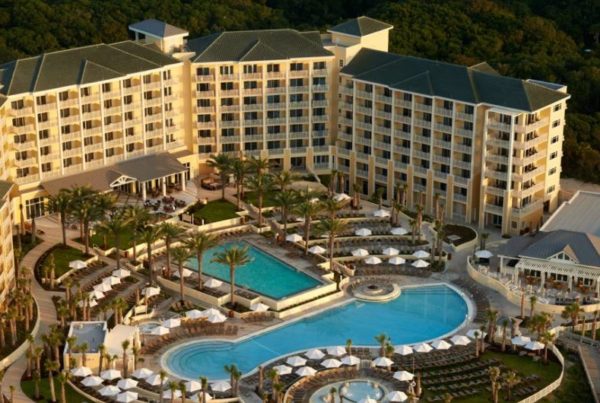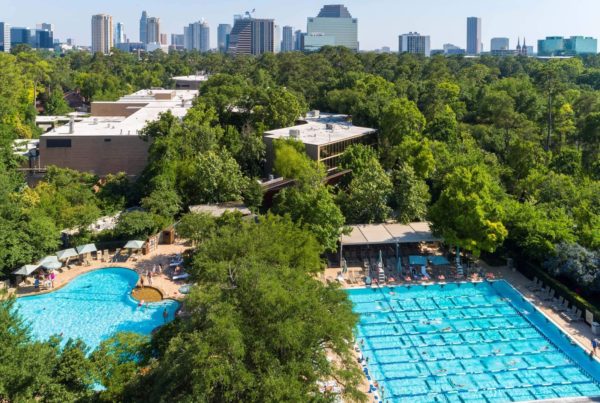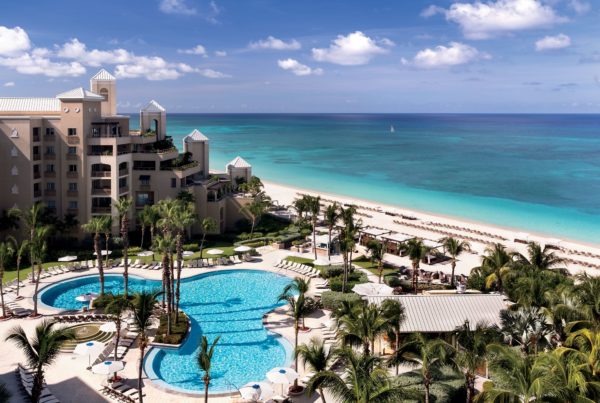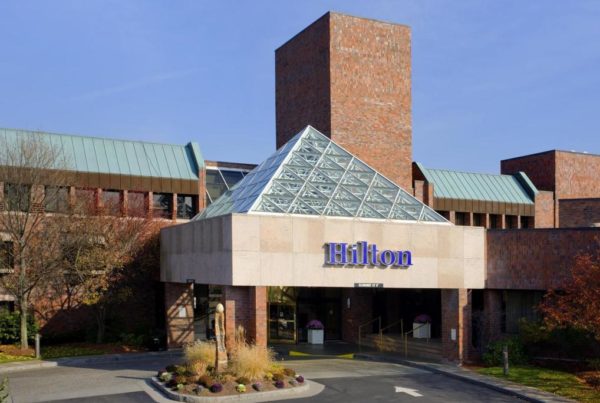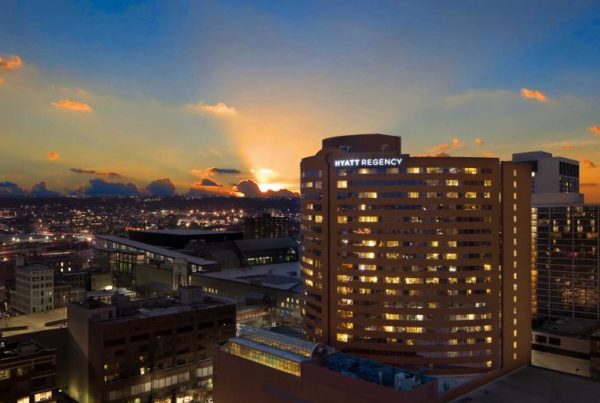Are you properly positioned to maximize your collateral’s value?
We’re Ready to Assist Lenders and Servicers
Unlike other real estate asset classes, hotels are truly operating businesses, as opposed to pure real estate.
Hotels and resorts employ an army of on-site employees, are subject to rent rolls with 24-hour “lease” terms, terms, generate a daily inflow and outflow of funds, require extensive preventive maintenance, necessitate aggressive and proactive marketing efforts, and are subject to rigid brand oversight. Therefore, it’s crucial to regularly and thoroughly evaluate hotels in your portfolio to ensure they continue to maintain sufficient collateral value.
We assist lenders and servicers of all types confront challenges relating to their hotel portfolios.
For lenders and servicers with hotel loans, the challenges of the lodging industry mean that an asset-by-asset evaluation will be necessary to determine whether their collateral remains viable in today’s operating environment. Due to the unique characteristics of hotels, including the combination of real property with a management-intensive operating business, a distinct set of performance metrics and terminology, and multiple stakeholders at a property (owner, borrower, lender, manager and brand), navigating these uncertain times requires not only specialized technical knowledge but also familiarity with the industry’s pacesetters and supporting players. We have compiled the following lists of factors lenders and servicers should consider below to assist with challenges relating to their hotel portfolios, whether in the context of discussing additional forbearance, modifying a loan, compelling a short sale, or taking a more active and direct interest in the investment itself. Click the brochure link below, to learn more about the services we offer to lenders in the hospitality space.
EVALUATING HOTEL LOANS
Questions Lenders and Servicers Should Be Asking
How well do you know your borrower?
In addition to the multitude of property- and market-level factors impacting lender and servicers decisions, a candid evaluation of the borrower and property operations can impact many loan decisions. The level of relationship with the borrower, their current financial wherewithal, and the positioning of your loan within their overall asset portfolio are all critical factors in determining the best course of action.
Relevant questions to consider:
- What is the history of your relationship with the borrower?
- How would you describe the borrower’s creditworthiness and financial wherewithal today?
- Have they been a “good borrower” in the past, including during the COVID-19 pandemic?
- Where does your specific loan fit into your borrower’s overall portfolio? Is the asset securing the loan a “crown jewel” for them, or simply a commodity amidst many?
- What is the relative size of this specific loan compared to your overall loan portfolio?
- What does the full capital stack for the asset consist of, and is there an additional component beyond equity that may be financially challenging the borrower’s ability to service the debt?
- What is the present likelihood of a full payoff at maturity?
- Are key documents in the file? Specifically, do you have a franchisor comfort letter which ensures the hotel’s flag will remain in place post-foreclosure, and a subordination, non-disturbance, and attornment agreement (“SNDA”) which governs the relationship among lender, borrower, and third-party operator?
How is your hotel performing?
Hotel values are directly driven by their performance. Deep dives into monthly P&L statements and STR reports for the subject property are essential. We recommend not only a line-by-line review of each revenue and expense item, but also a topline study of the broader market, the subject hotel’s competitive set, and similar properties in various locales nationwide.
Relevant questions to consider:
- How does the subject property’s in-place trailing-twelve performance stack up against historical performance and its operations when the loan was originally underwritten?
- Will the property achieve its budget this year? If not, why not?
- Is the property achieving its fair share of market demand? If not, why not?
- When compared to its competitive set, how do the subject hotel’s Occupancy, Average Daily Rate (ADR), and Revenue per Available Room (RevPAR) indices compare? How has the property’s market share trended lately?
- Is the hotel’s operating margin increasing, decreasing, or remaining constant? If the margin is shrinking, is it because revenues are declining or expenses are creeping up?
- What do forward-looking property pace reports look like, and how tight is the hotel’s booking window?
- Is the property being managed in line with proper industry operating standards, or are service levels deteriorating?
- Is new or pending guestroom supply worsening your hotel’s performance prospects?
- Is the hotel in good standing with its brand? What are the hotel’s guest satisfaction scores (GSS) telling you about its operations? Has the hotel been placed in its respective brand’s punitive “red zone,” potentially triggering a default under its franchise agreement?
- For loans that are not in default of financial covenants under existing loan terms, what sort of debt service coverage would the collateral provide if the loan were repriced with current market terms?
What is your property’s physical condition?
Because hotels are much more CapEx-intensive than other real estate asset classes, a hotel’s capital needs can have a massive impact on value. Brand-mandated items bear most of the scrutiny, but elements like a hotel’s roof, HVAC system, pool, and back of house also warrant attention to obtain a complete picture of a hotel’s physical health.
Relevant questions to consider:
- What is the age and current physical condition of the property, and will the physical asset be properly preserved for the balance of the loan term? Are there major outstanding deferred maintenance items?
- Is there an outstanding brand-mandated Property Improvement Plan (PIP)? If so, what does the PIP cost, is it reasonable and how will the borrower pay for it? If not, how recently was the last PIP completed, keeping in mind that soft goods renovations are usually due every seven years and case goods replacements are usually due every fourteen years?
- Has management consistently prioritized necessary preventative maintenance items and property upkeep?
- Are reserves for replacement being collected, and if so, what is the reserve balance? What rights or assurances do you have with respect to those reserve funds in case of a loan default?
- Has the borrower conducted an analysis to determine if there will be a return of, and on, the capital necessary to get through the next two to three years (includes operating capital needs, debt service, brand capital requirements, etc.)?
- How do guests review the asset on sites like Tripadvisor? Is there a recent trend of negative comments about the asset’s physical condition?
REPRESENTATIVE ENGAGEMENTS
GET IN TOUCH
We would consider it a pleasure to address any questions you may have about our capabilities or services. To discuss opportunities to collaborate with The Plasencia Group, please call us, email us, or fill out the form here and a member of The Plasencia Group’s team will be in touch in the next 24-48 business hours.
PHONE | 813.932.1234
EMAIL | info@tpghotels.com

